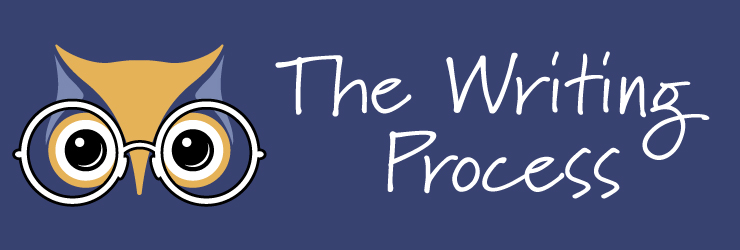
Western Kentucky University

While some writing assignments are straightforward, others may need careful deciphering to make sure you are following the guidelines. Your first step should be to read the instructions and/or guidelines provided carefully. Most assignments involve more than one step; recognizing that and making certain that you understand each step required to meet the goal of the assignment not only prevents missteps but can also help you develop strategies for conquering the task ahead.
One of the most important strategies in fully understanding assignments a willingness to ask questions if ANY part of an assignment is unclear. Asking questions helps everyone involved - you, your fellow classmates and the instructor, as it helps him/her understand the issues students are struggling with most. There are several options for reaching out to your instructor. Most instructors will tell you their preferred method of communication - if a preferred method is noted, be sure to follow it. Options for contacting your instructor at WKU include:
If you aren't sure how to reach your instructor, you can look up their contact information in the WKU Directory.
Assignments will often contain a variety of terms that can help you to identify the task or tasks you need to perform. The terms generally fall into one of the following categories:
Assignments, written or otherwise, often require several steps. It's important to break down the steps of the assignment into separate parts. Keep in mind that a quality paper will have an argument or thesis that incorporates the various subcategories. Once you write your thesis statement, you can begin to determine what shape your paper should take. (In some cases an instructor might not expect an argument or thesis; however, this is rare. If you suspect a thesis is not needed but don’t know for sure, check with your instructor.) Once you've broken the assignment down, ask yourself the following:
Imagine you have been given this essay prompt: Summarize the Trans-Pacific Partnership Agreement (TPP) and how this change will impact the United States. Develop an argument for or against TPP based on your research. Incorporate the ideas presented in the recent BBC special that we watched in class.
Step One: What Should This Essay Really Contain?
The essay asks for several tasks of various kinds. 1.) A summary of TPP Agreement
2.) An argument in favor or against TPP 3.) An evaluation of how this change will
impact the US 4.) An analysis of the points covered on the recently watched BBC special.
Step Two: What Should The Thesis/Argument Be About?
Though the assignment asks for a summary of TPP first, this summary functions more
as a definition that will be used for background information. The argument in favor
or against TPP is actually the central focus, as it's supported by the researcher's
evaluation of the impact on the US, and the analysis of points covered in the BBC
special. Task 2, supported by a short summary of task 3 and 4 will work together to
form your thesis. For example, proponents of TPP may begin a thesis statement like
this: While the Trans-Pacific Partnership Agreement (TPP) is opposed by some, the evidence
provided in the following pages supports the notion that TPP would increase the number
of high paying jobs in the US, support American manufacturing.
Step Three: How Should This Essay Be Structured?
With tasks 2 and 3 as the central focus, the introduction should include a summary
of TPP, an evaluation in the thesis along with a sense of the proposal. After the
thesis, it makes sense to first summarize the present policies and how TPP would change
those policies and the impact those changes will have on the US. This will lead to
a summary of supporting ideas in the BBC special.
Some of the links on this page may require additional software to view.